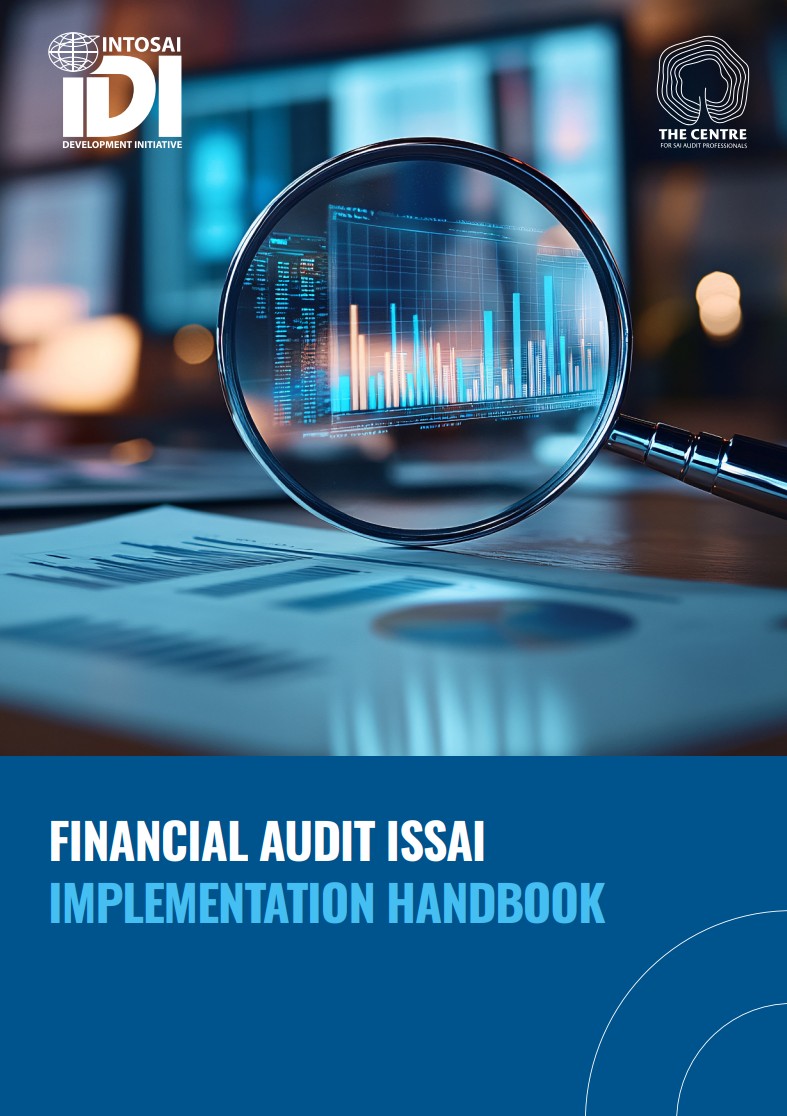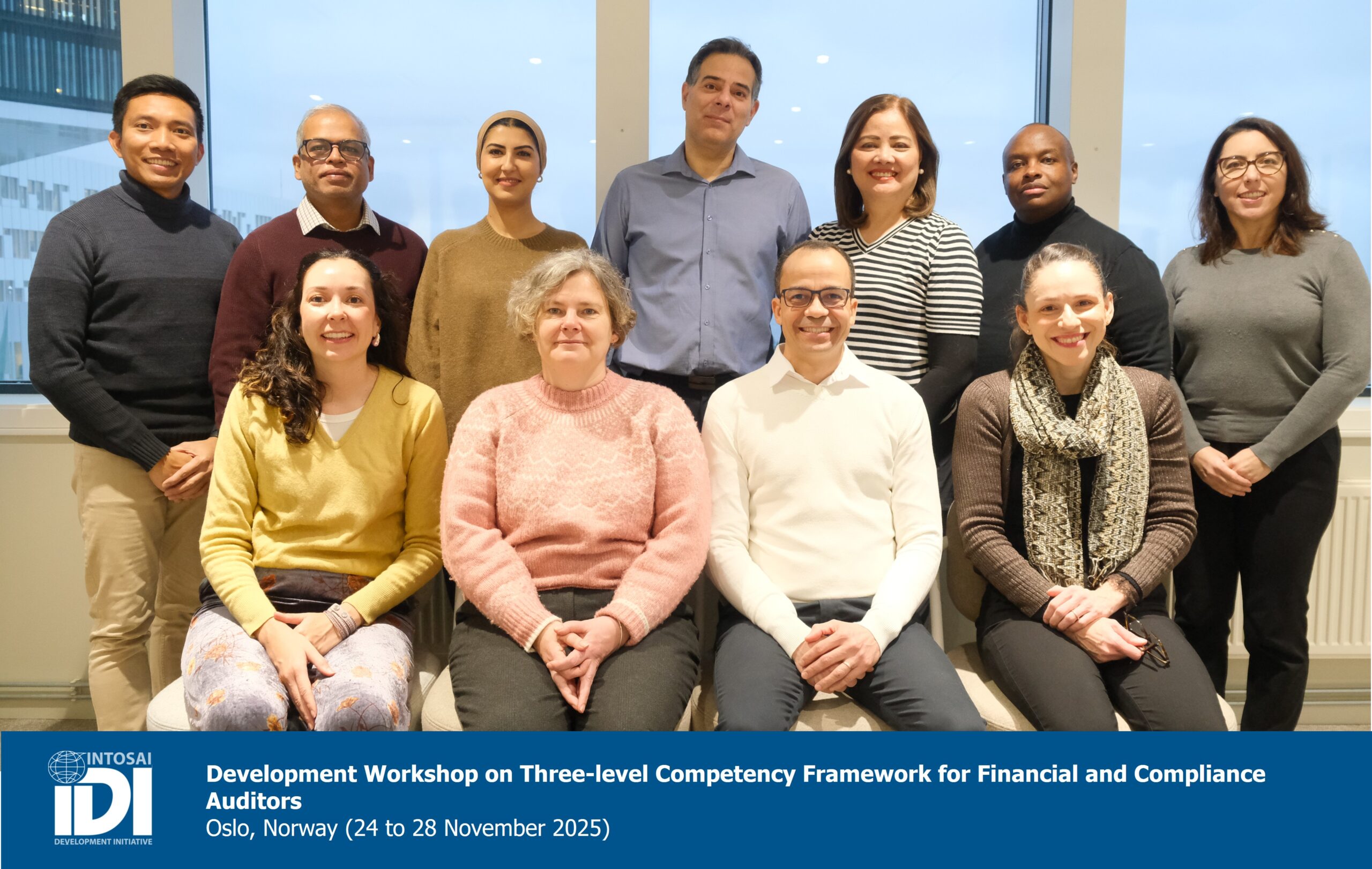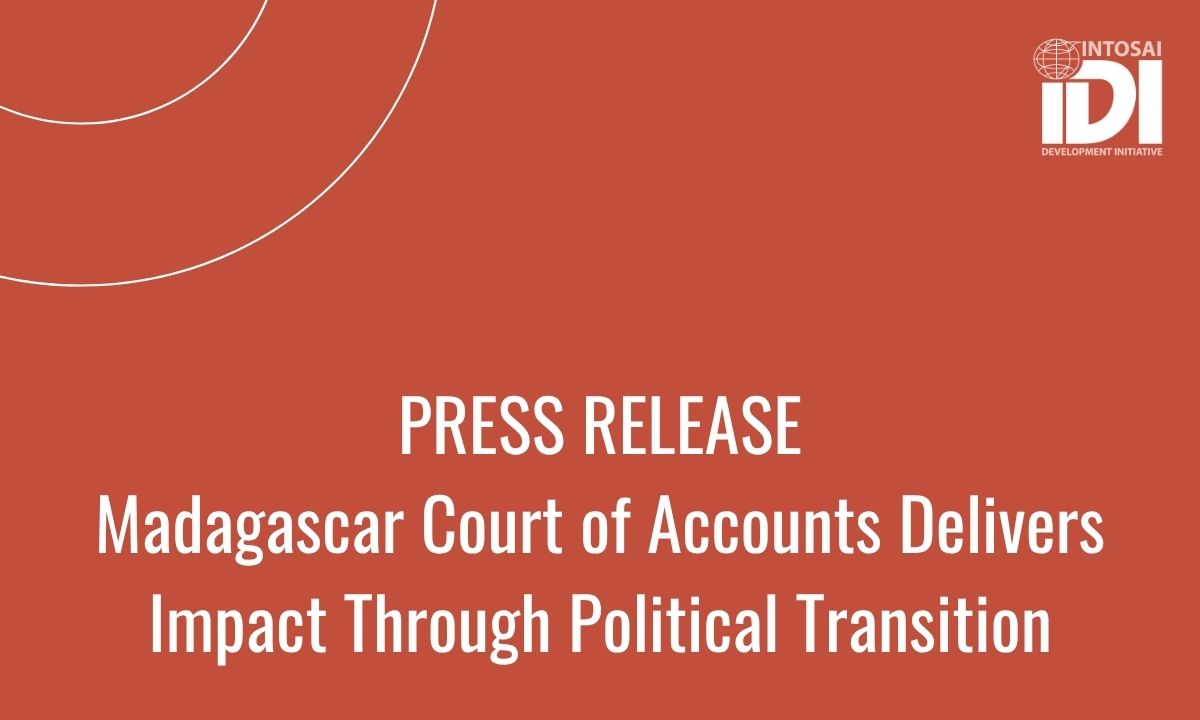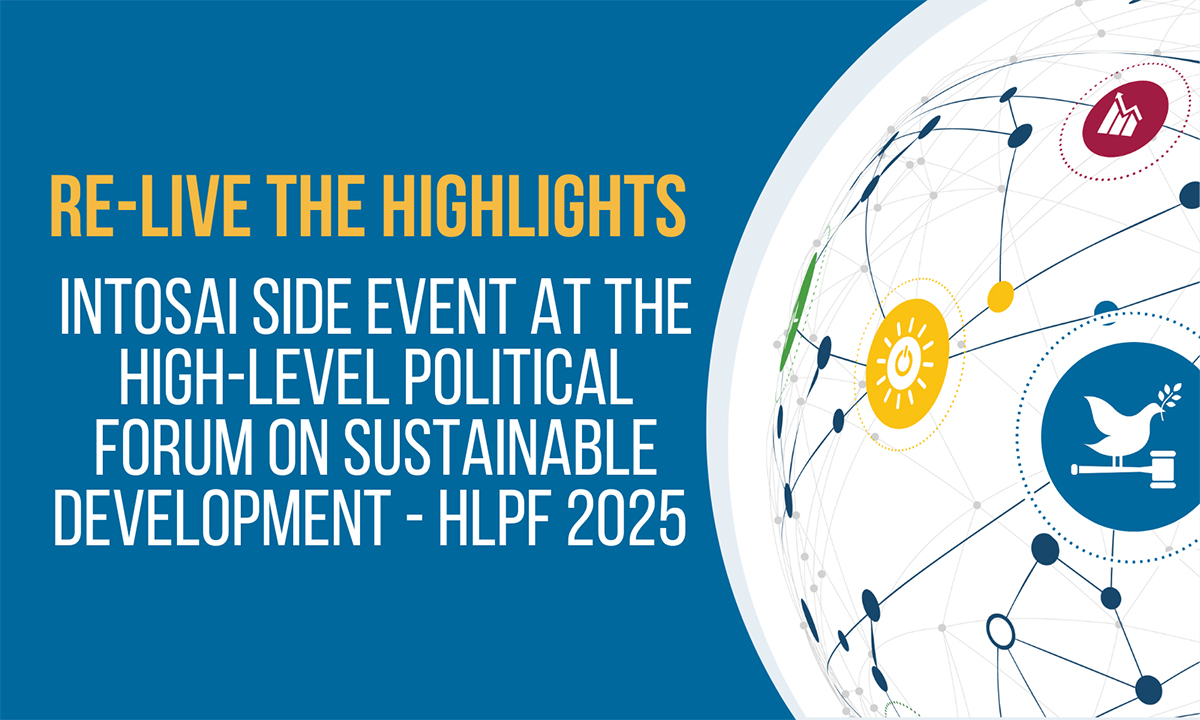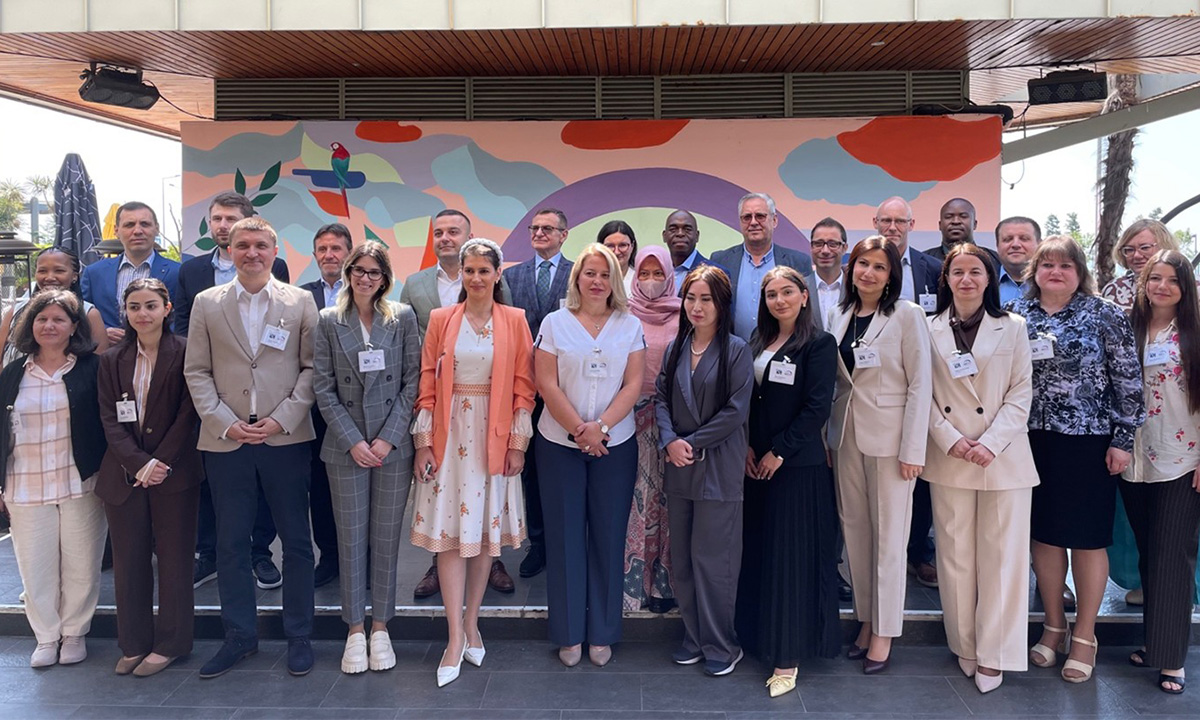News
Catch up on IDI’s latest developments, achievements, and media highlights
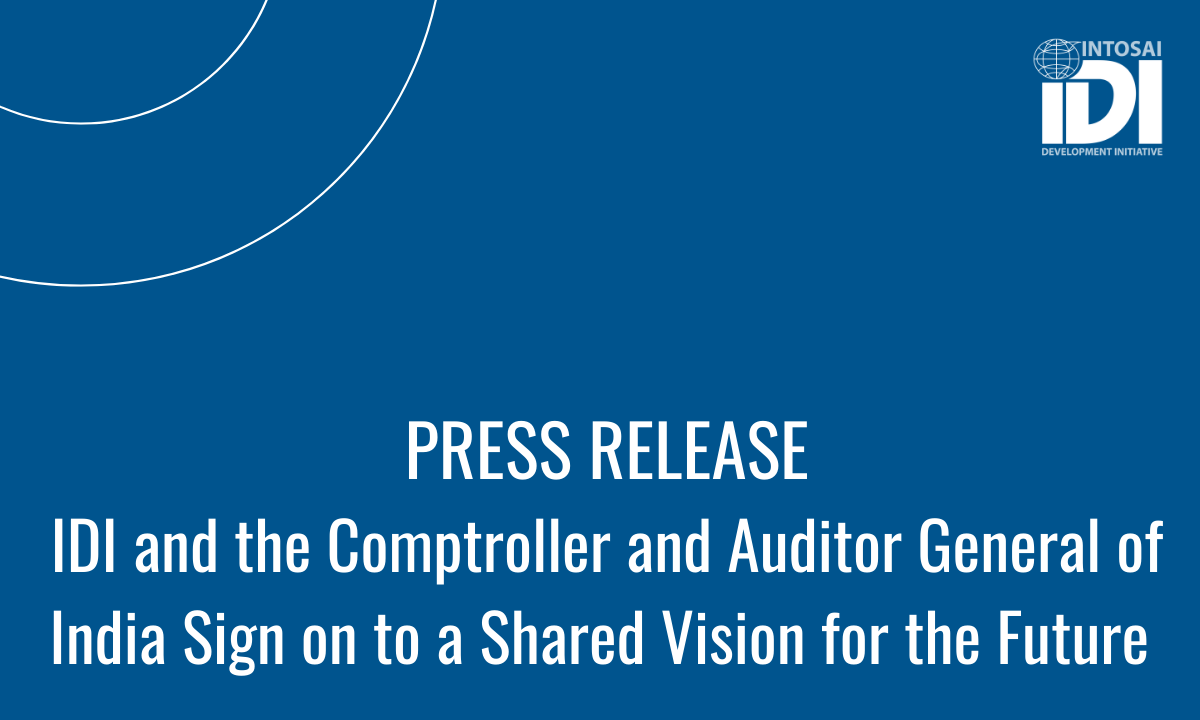
13/02/2026
IDI and the Comptroller and Auditor General of India Sign on to a Shared Vision for the Future
Read more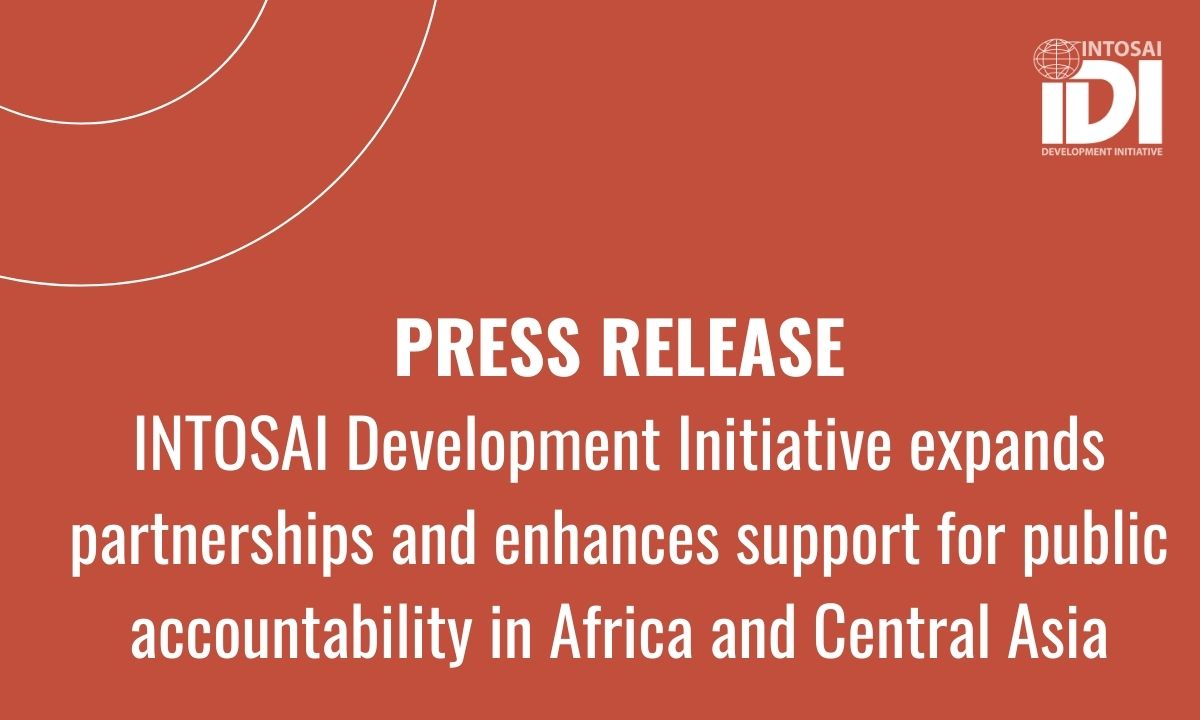
20/01/2026
IDI expands partnerships and enhances support for public accountability in Africa and Central Asia
Read more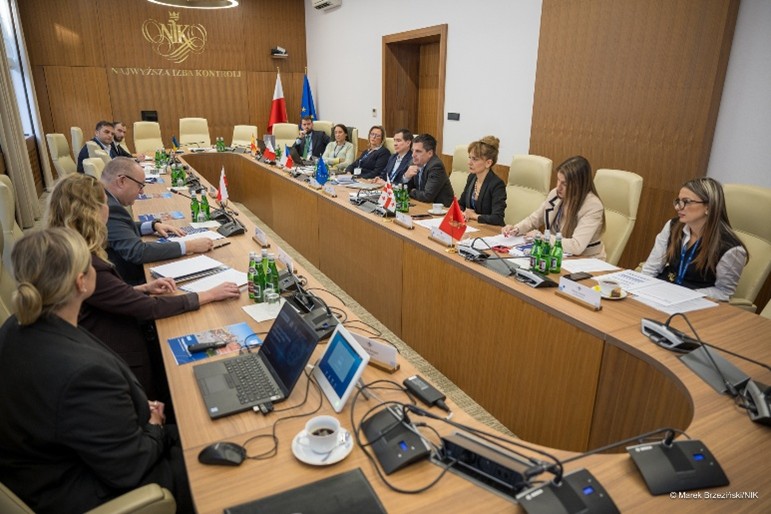
18/12/2025
Building Strong Legal Foundations for SAI Independence: IDI’s LEG SAI Initiative
Read more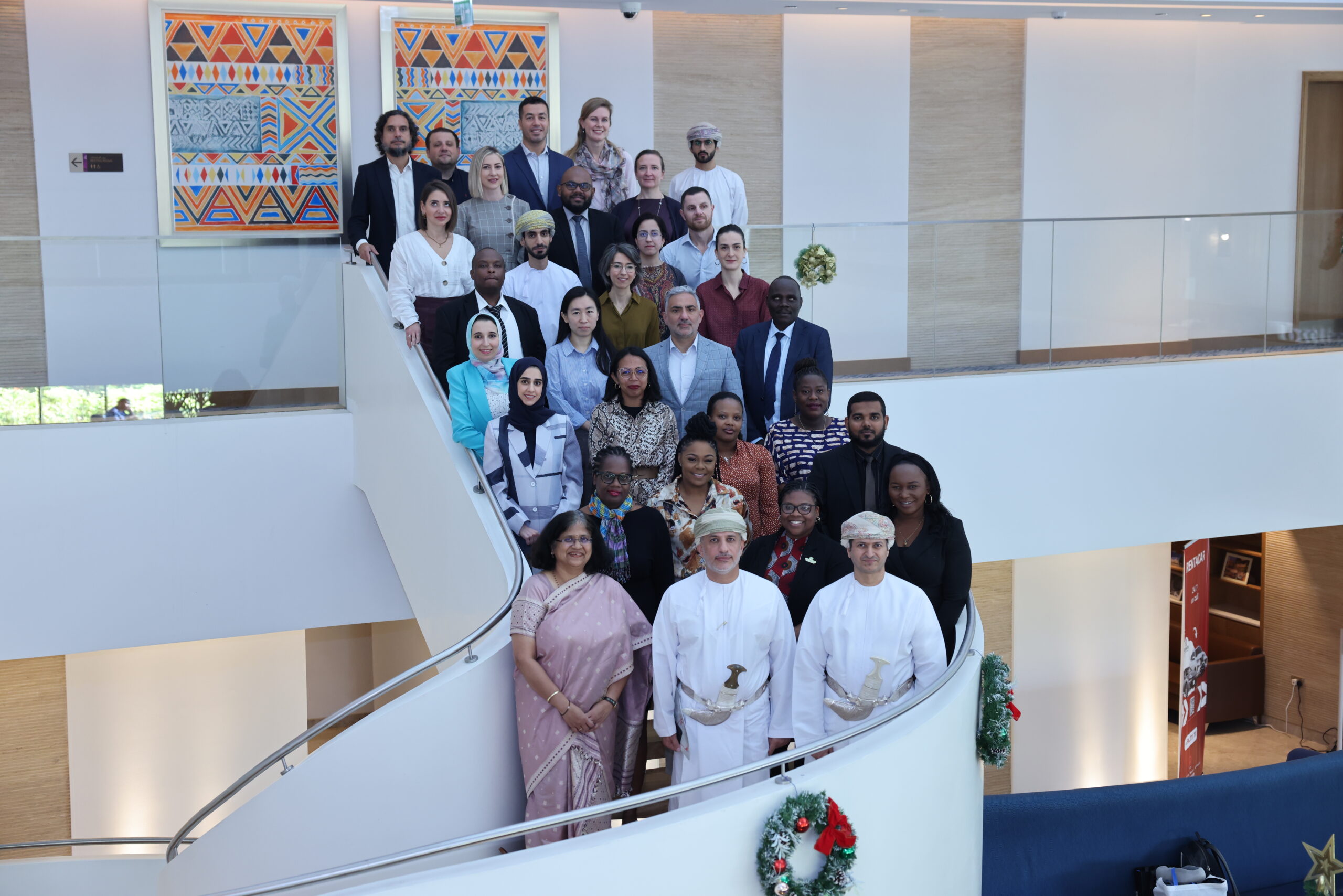
17/12/2025
SAI Young Leaders build strong Supreme Audit Institutions (SAIs) – Fourth Edition
Read more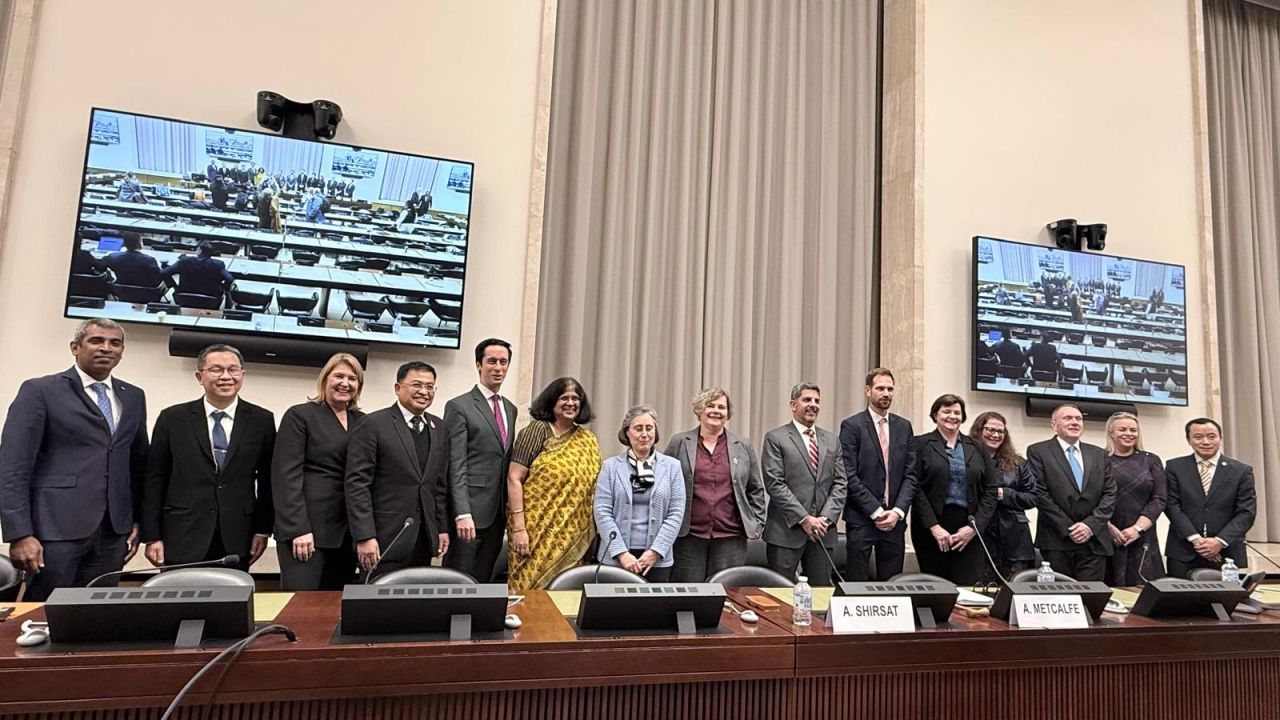
24/11/2025
Forging the future of auditing sustainability reporting in the public sector: UNCTAD and IDI joint event
Read more
18/11/2025
INCOSAI 2025: A Week of Insights, Innovation, Recognition and Strengthened Global Collaboration
Read more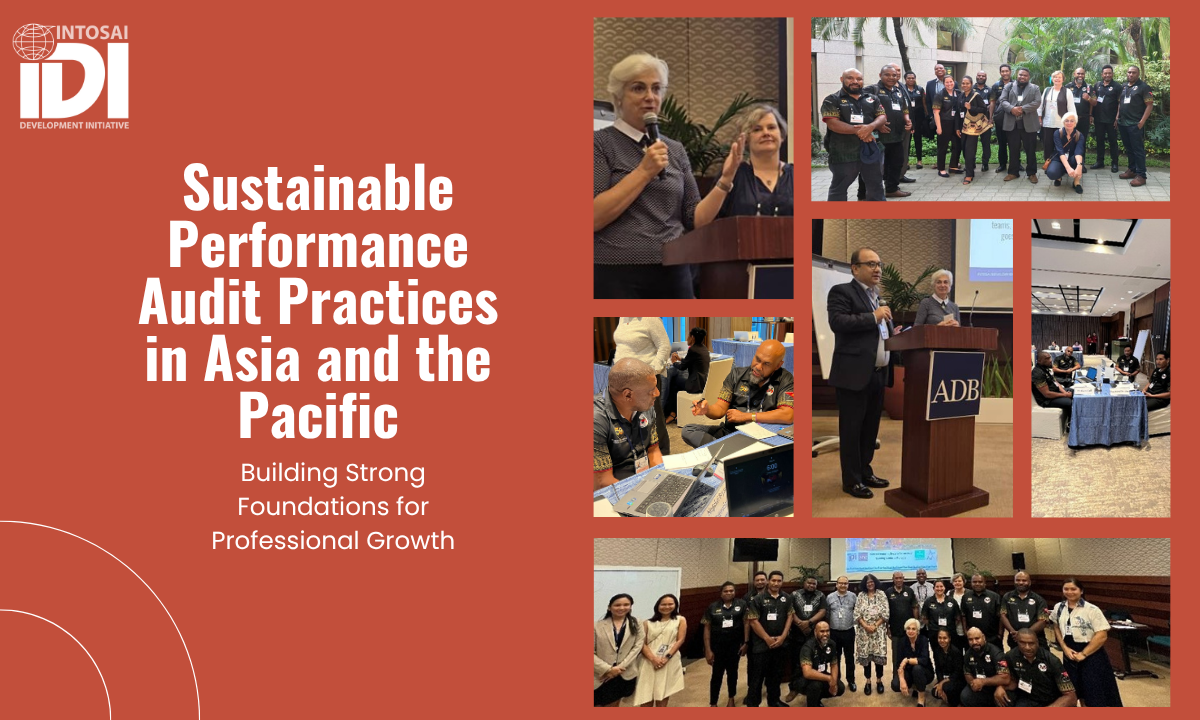
10/10/2025
Building Strong Foundations for Professional Growth: SAI PNG Develops Its Mentoring System and Project Leadership Skills
Read more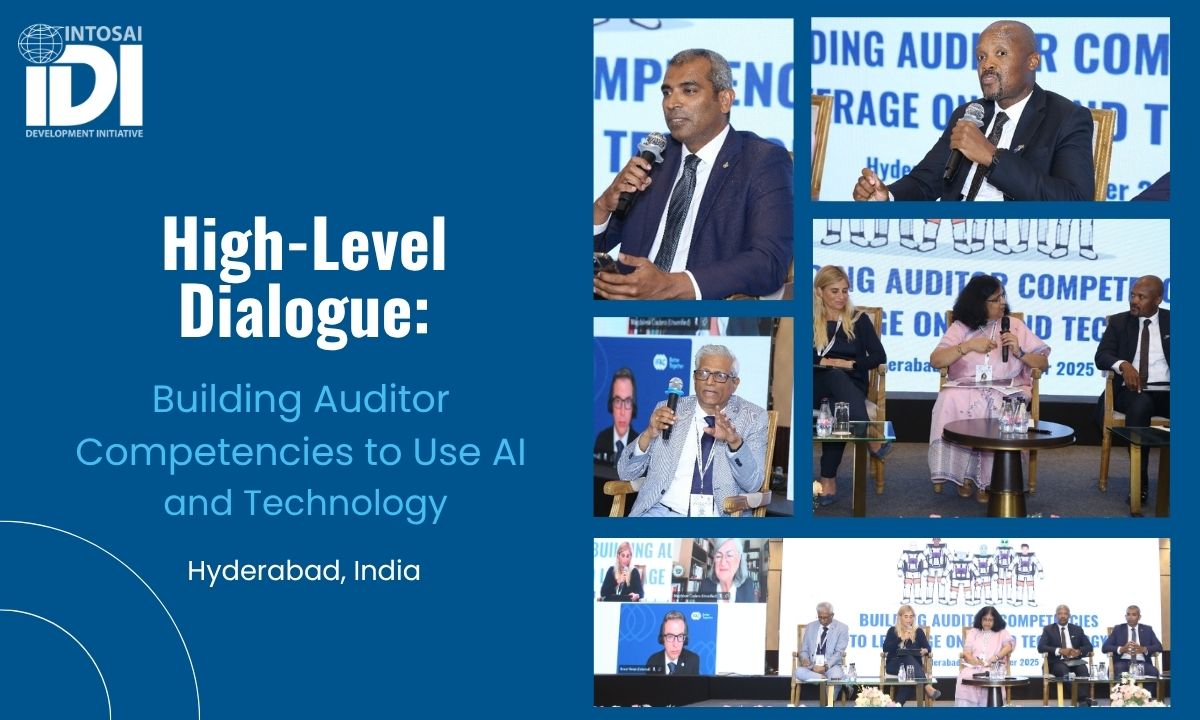
03/10/2025
High-Level Dialogue between SAI Leadership and Key Stakeholders: Building Auditor Competencies to use AI and Technology
Read more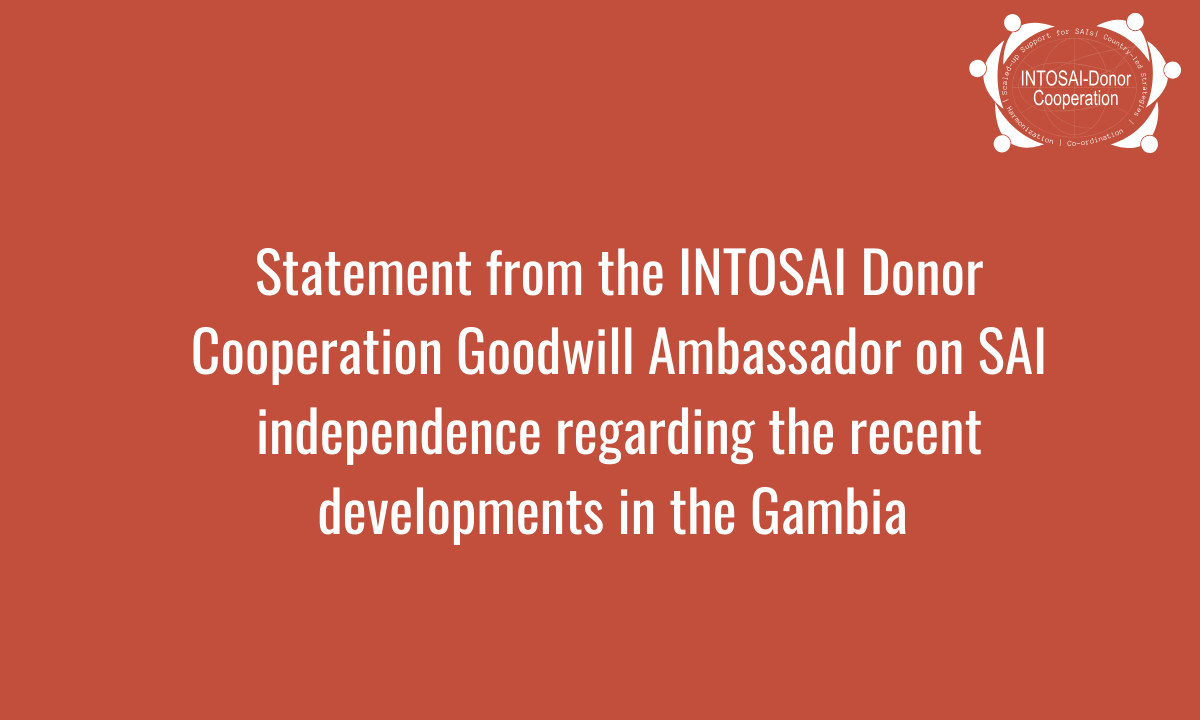
17/09/2025
Statement from the INTOSAI Donor Cooperation Goodwill Ambassador on SAI Independence regarding the recent developments in the Gambia
Read more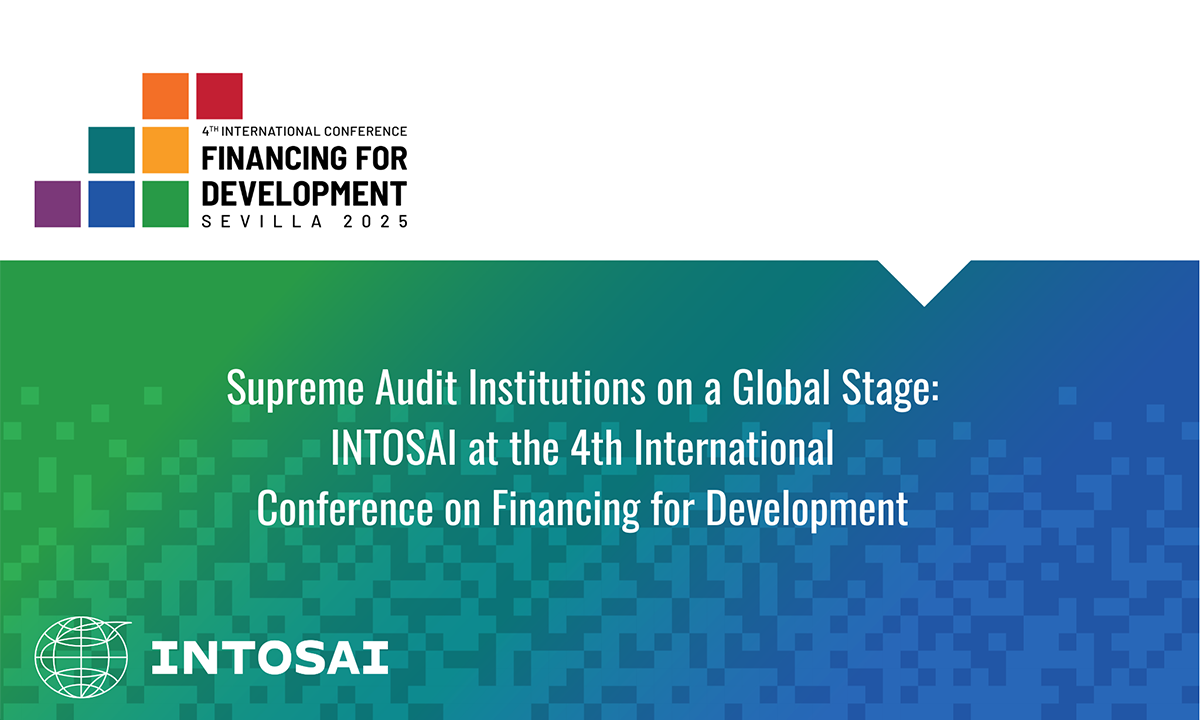
30/06/2025
Supreme Audit Institutions on a Global Stage: INTOSAI at the 4th International Conference on Financing for Development
Read more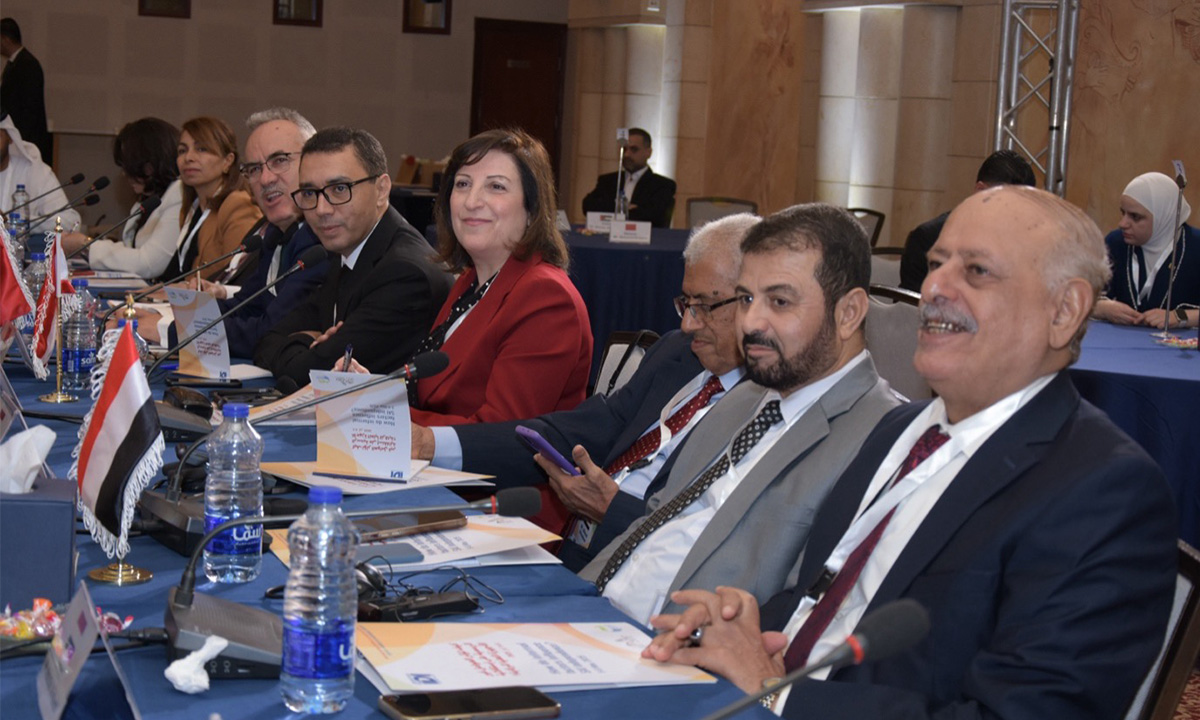
26/06/2025
